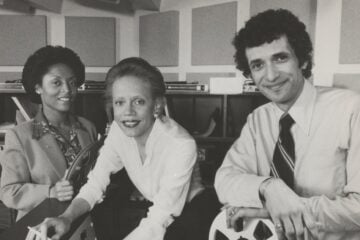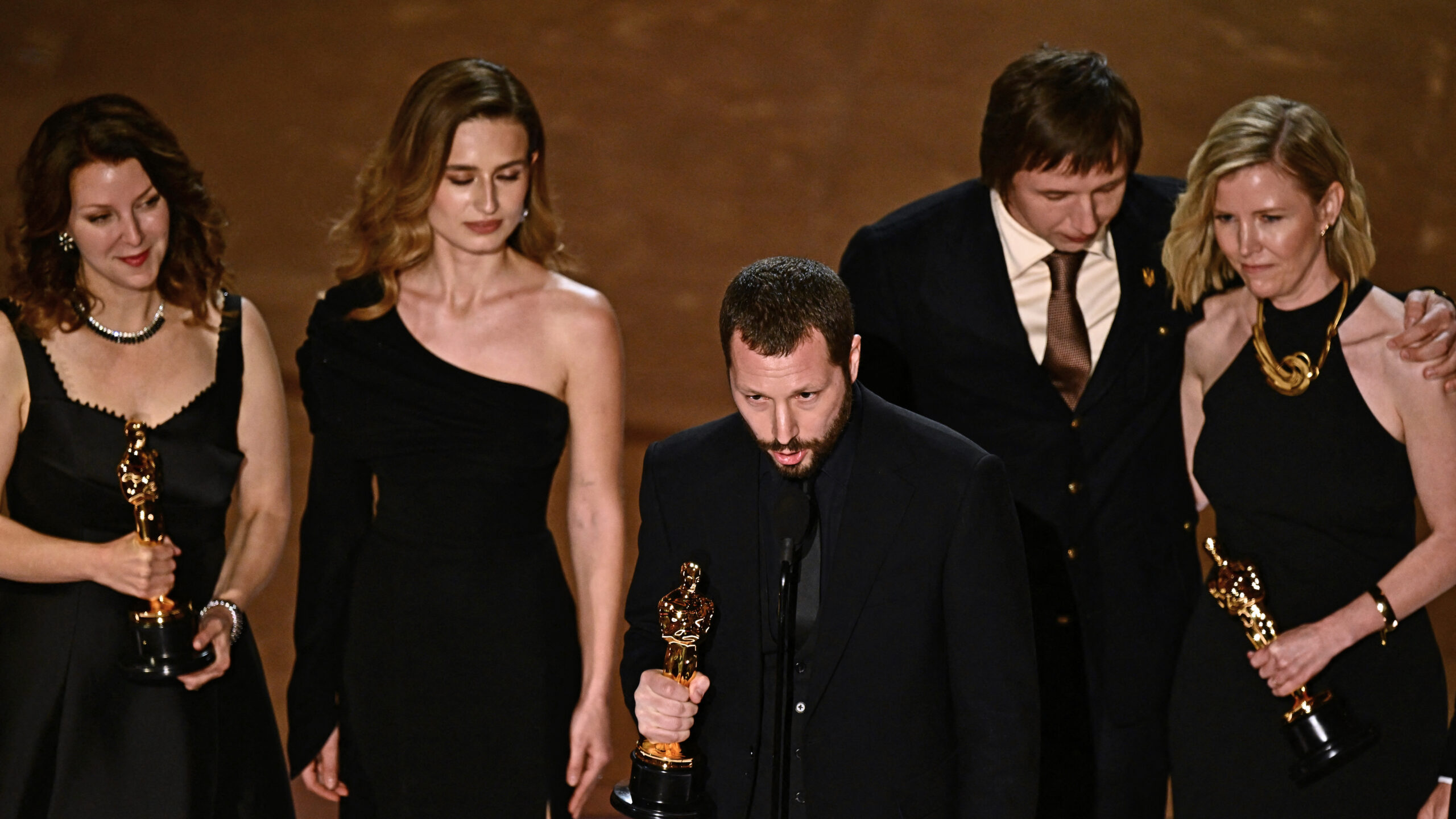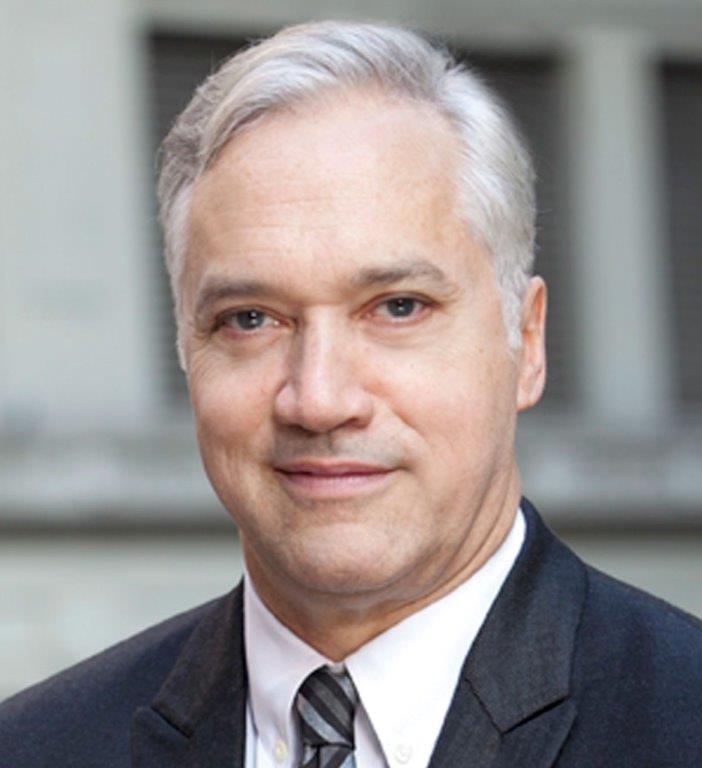‘The Pub’ #66: Newsbusters editor Tim Graham on NPR, Ploughshares and why conservatives feel left out of public media

The universe has kindly provided me with a timely example of something we discussed on The Pub a few episodes ago: Things get ethically sticky when journalists accept donations for the purposes of covering a specific story.
As reported by the Associated Press, NPR took money last year from the Ploughshares Fund, which was pushing the Iran nuclear deal at the time, expressly for the purposes of supporting NPR’s coverage of — what else? — the Iran nuclear deal, which included interviewing the head of Ploughshares.
Yuck. Even without any proof of quid pro quo, that doesn’t feel good. And it serves as blood-red meat to the likes of conservative-aligned media criticism site Newsbusters, which ran with the headline: “NPR Lets Funders Call the Tune.”
When I talked to Newsbusters editor Tim Graham, he conceded he has no evidence of Ploughshares directing the content of NPR’s coverage, but he also argued that’s beside the point.
“If you’re Ploughshares, when you give money to NPR, you know what you’re getting,” Graham said. “You know that you’re not going to get a Fox News. You’re going to get what may be seen as the opposite of Fox News.”
This week on the The Pub, Graham and I debate this and other conservative complaints about public media.
Also on the show, I introduce you to Suzanna Kruger, a biology teacher at Seaside High School in Oregon who used to regularly assign her students Nova videos to watch online at home — until they started running up against the new Passport paywall.
Please subscribe to The Pub in iTunes or your favorite podcast app, and leave us a rating and a comment! That will help boost our search results and allow people to find the show more easily.
We welcome your feedback on the show: You can reach me at adam@current.org or @aragusea on Twitter; my supervising producer at Current, Mike Janssen, is at mike@current.org; and you can contact Current generally at news@current.org or @currentpubmedia on Twitter.
If you’d like to offer a comment to be used in the program, please send on-mic tape (recorded in a studio, with a kit, a smartphone, anything) to adam@current.org either as an attachment or through Google Drive. Please keep it short!
Adam Ragusea hosts Current’s weekly podcast The Pub and is a journalist in residence and visiting assistant professor at Mercer University’s Center for Collaborative Journalism.









Perhaps whenever you interview Amy Goodman you can find out how she can get away with referring to all of her Skypes as “‘Democracy Now!’ video streams.”
The Passport paywall is another example of how onerous current copyright laws are. I understand that artists and creators should be paid, but eventually works should be allowed to enter the public domain. The teacher could always pirate a copy of the programs she wants for her lessons, but most people want to be honest and respectful of copyright owners. More people should use creative commons licenses, where they make their work available for others to use, as long as no money is made and credit is provided to the original producer.
I’m glad that you were able to talk to some from the Media Research Center. An organization that has been around for a long time. You were probably correct that they were a little “nit-picky” with the piece you produced, but that is probably just a function of them trying to find new content for their daily blog. I’m also glad that you understand that the left-right divide is a spectrum and that there are “crazies” on both sides of the spectrum. From where Elizabeth Warren or Bernie Sanders sits, you might be considered a right-wing shill.
I find it curious that one of the lefts big talking points is, there is too much money in politics. Especially when opensecrets reports that most of the political donations are made to left wing causes and organizations. And the legacy, mass media are dominated by democrats. It’s nice that Bernie Sanders rejects donations from “corporations” and “billionaires and millionaires” but would a donation from the Koch brothers really mean that they “bought” his vote?
The left is just as guilty as going off the handle as the right, as witness the kneejerk “Koch brothers running NPR” posts you see in places, especially when all there is one Koch brother on the board of WGBH and a Koch Industries division underwriting one PBS program produced by WGBH (and “WGBH is solely responsible for the content of this program”). They aren’t on NPR’s board or PBS’ board and they don’t contribute to NPR, so how are they running things? And then there was the guy some time ago who was posting on every board on WBUR’s site “Does Sheldon Adelson own WBUR?” Oh, “BUR” stands for “Boston University Radio.” They’re the ones that own the station–or is this guy just a tinfoil hat conspiracy theorist?
The biggest issue is who owns the press,as well as the “Alternative press” so we can see the ghost’s
in the machine..
NPR – “Did Ploughshares Grant Skew NPR’s Iran Deal Coverage?”
“Of those 254 stories, we categorized 118 as neutral; they were mostly NPR reporters talking to NPR hosts about developments in the lead-up to the deal or its implementation earlier this year. The remaining 136 stories presented a viewpoint of a source either for or against the deal. Of those voices in those stories, 160 people were quoted speaking in favor of the deal and 102 were against it.”
http://www.npr.org/sections/ombudsman/2016/05/27/479588582/did-ploughshares-grant-skew-nprs-iran-deal-coverage
———————————–
Ploughshares got a good return on their investment.
Read that entire ombudsman report. They concluded that the firewall actually worked. If anything, it worked too well. Ploughshares wasn’t just giving money to NPR and getting favorable coverage. They had a massive, and exceedingly clever, media blitz in play that made it difficult for any news org to avoid interviewing people who weren’t pro-Iran Deal.
Reporters weren’t aware that Ploughshares was a funder, and if they had been they might’ve been more aggressive about demanding disclosure from these interviewees.
IOW, Ploughshares was well aware of the editorial firewall at NPR and they crafted a media strategy that took full advantage of a firewall’s inherent weaknesses.